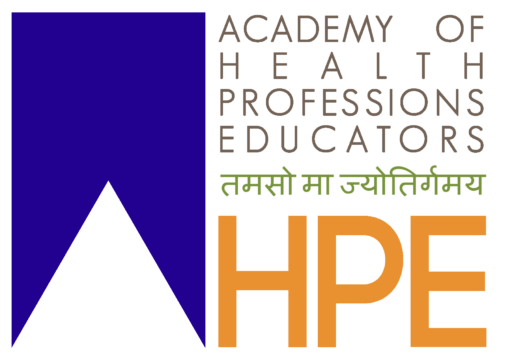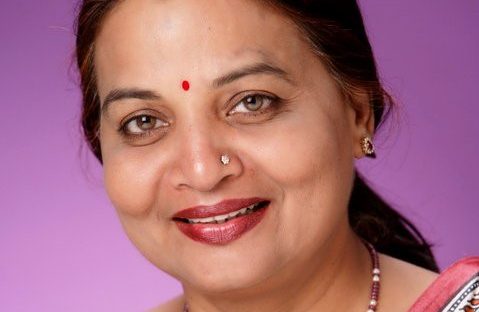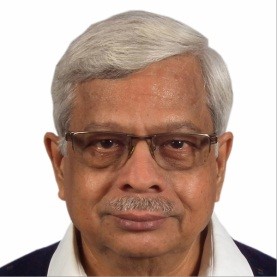The ultimate goal of medical colleges in India or anywhere else in the world is to improve the health of people, be it physical, mental or social. This is invariably attempted by juggling the three-pronged approach of educating the future health professionals; conducting relevant clinical research; and delivering comprehensive patient care. To make this possible, amalgamation of the social determinants such as behaviour, environment and social conditions and the values associated with social obligation (quality, equity, relevance and effectiveness) need to be adhered to.
Quality in health care has the community in mind and where treatment is person- and situation-specific and should be coordinated to serve the complete needs of a patient or a citizen. Equity implies that all persons from the community have equal access to the health services. Relevance is adhered to, when the most important health problem is identified and treated on priority such that the person, groups, society and community benefits. Effectiveness is achieved when all the available resources and infrastructure are put to optimal use to benefit individuals and the population. Establishing these values are the key towards social accountability.
It is nearly 22 years since WHO defined social accountability of medical schools as, “the obligation of medical schools to direct their education, research and service activities towards addressing the priority health needs of the community, region, and/or nation they have a mandate to serve. The priority health needs are to be identified jointly by stakeholders namely, governments, healthcare organizations, health administrators, health professionals and the public” (Boelen and Heck, 1995).
The terms ‘social obligation’, ‘social responsibility’, ‘social responsiveness’, and ‘social accountability’ are often used interchangeably. At the moment, students from our medical schools are ‘being taught’ ‘social responsibility’ by sending them to the rural health centres and making them work as per the Medical Council of India (MCI) norms. When some of our students take part in blood donation camps, when they visit the community during floods, when they respond to the epidemics, they are being ‘socially responsive’. Most of the times, this is tackled on a voluntary basis. The more the students from a medical school come forward, the more it is a reflection of the effectiveness of our teaching. However, how prepared are we for all the principles to be tested remains debatable. This shall lead us to becoming ‘socially accountable’, when we are ready for an evaluation and accreditation process. Sensitizing of the stakeholders regarding issues of social accountability and accreditation is important. This, perhaps, shall be the much-needed step in making a positive impact on the society.
Medical educationists have acknowledged the challenges faced by Indian medical schools and suggested that if progress has to be made, it should be based on contextual planning of the curriculum, such that it incorporates the health needs of the community and encourages sound educational research, with the governmental agencies also seeing eye-to-eye. Researchers have suggested the identification of current and prospective social needs and challenges, adaptation of education programs to meet these needs and, evaluation to show that the society has benefitted from the interventions.
We realize that there is a need to work collaboratively by advocating changes to the health system. Faculty of our medical schools have a large responsibility of inculcating this into the system by taking into confidence the governing bodies, community, institutional administrators and students. The understanding of the importance of this symbiotic relationship cannot be denied. Some medical schools are no doubt, closer to implementing a model of social obligation as compared to others.
(Dr Sucheta Dandekar is a FAIMER Institute Fellow (2010) and an IFME Fellow (2014). She has completed her MHPE from the University of Keele in 2018. She is Professor and Head of the Dept. of Biochemistry & Clinical Nutrition at Seth GS Medical College & KEM Hospital, Mumbai)


